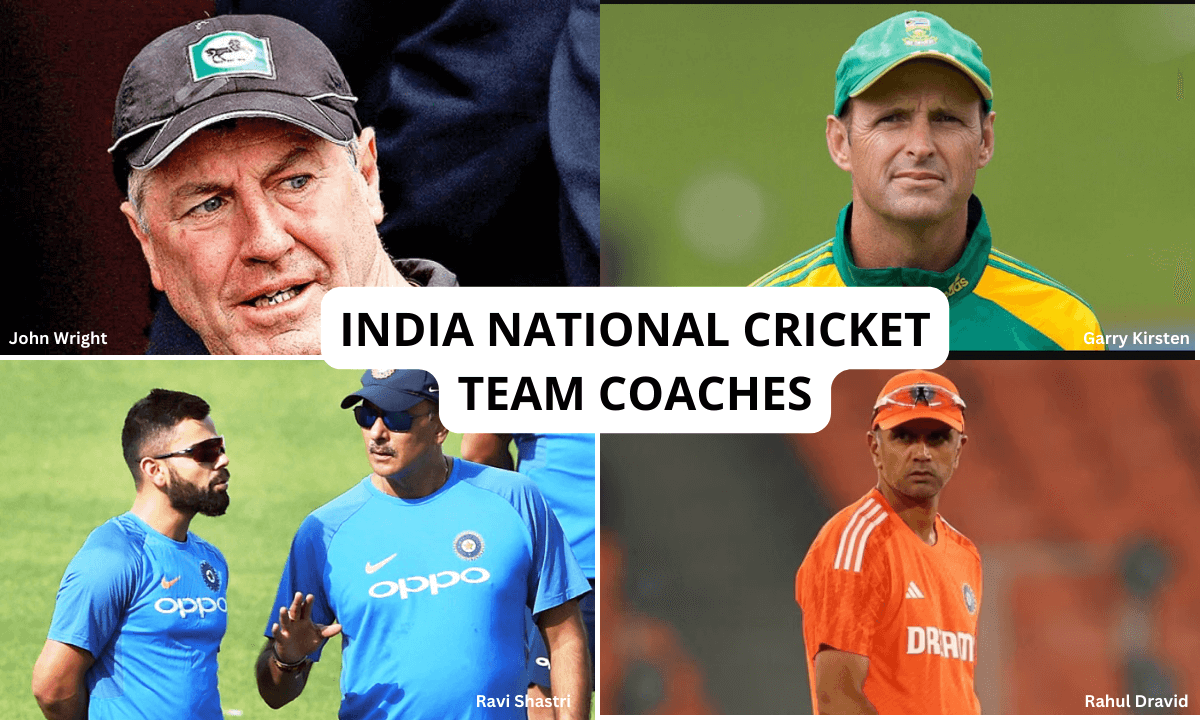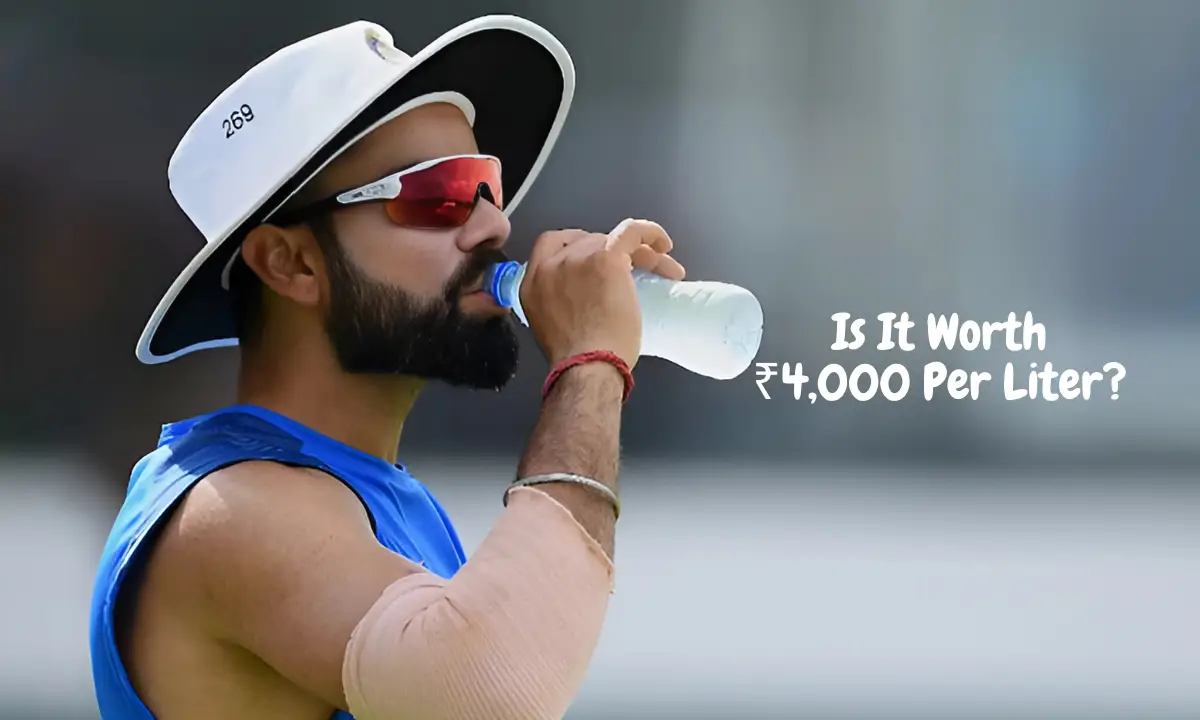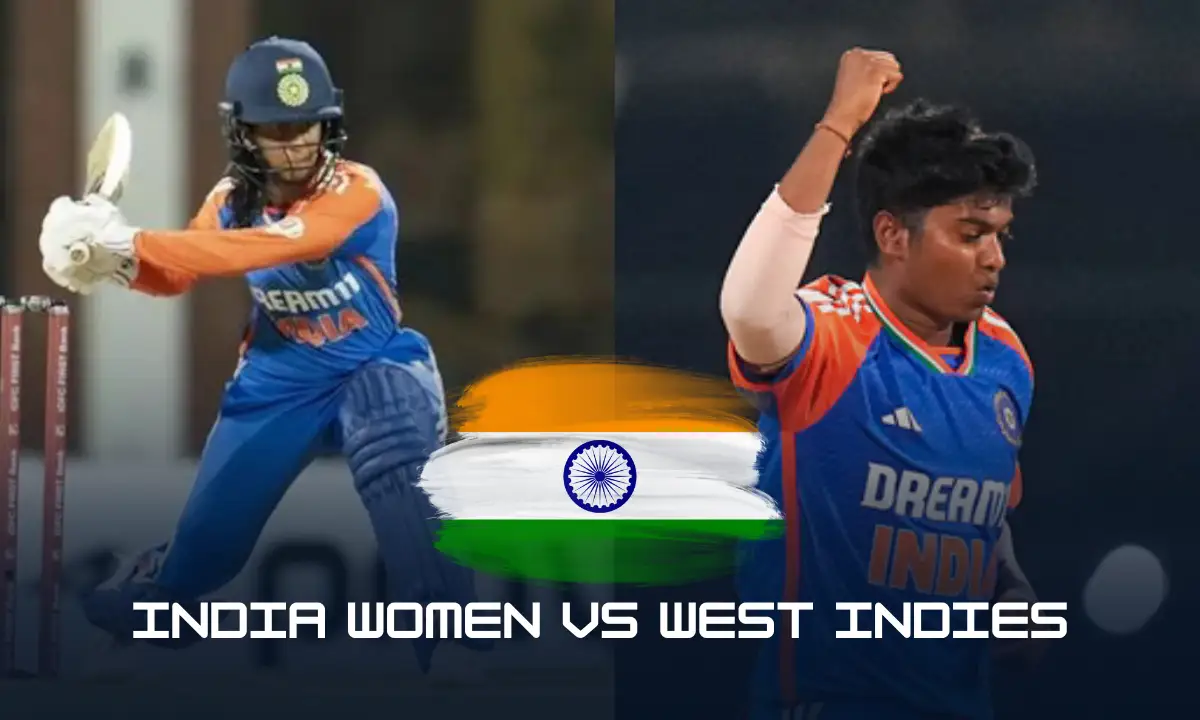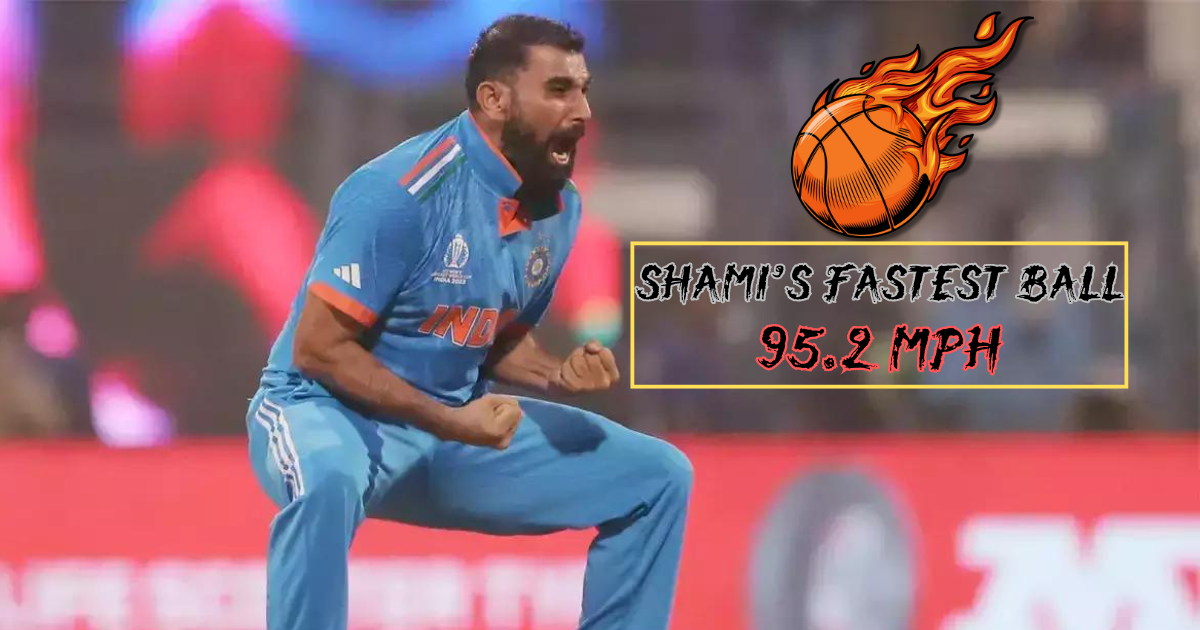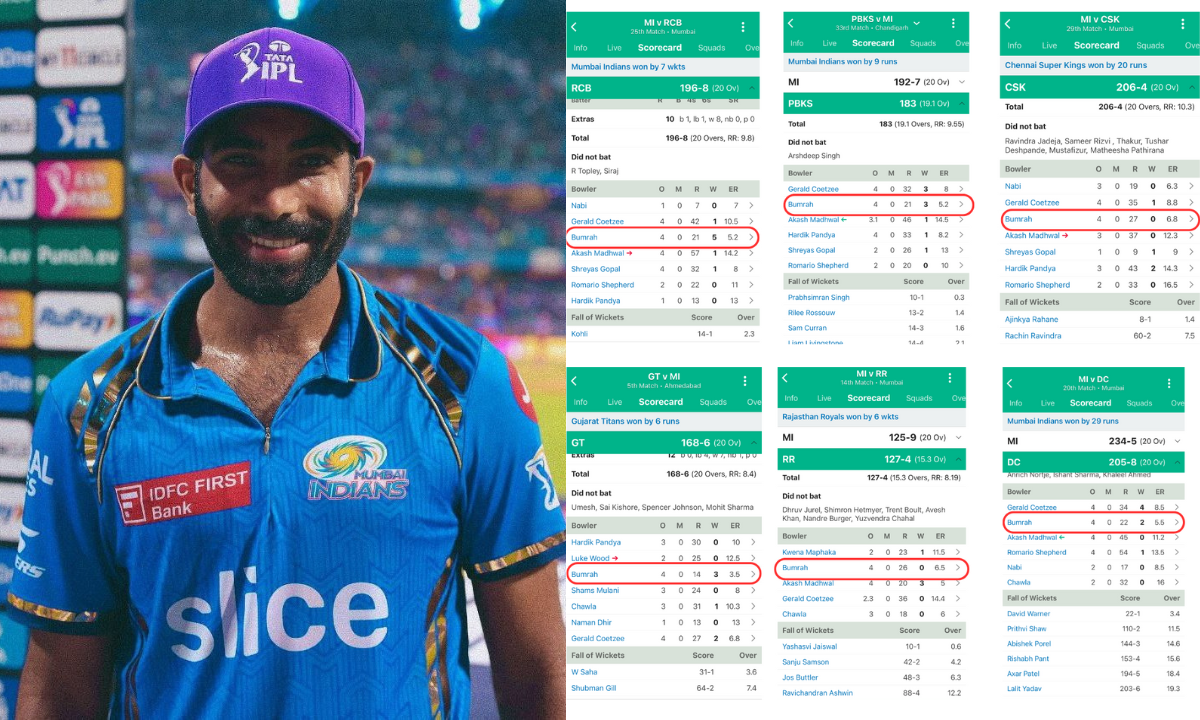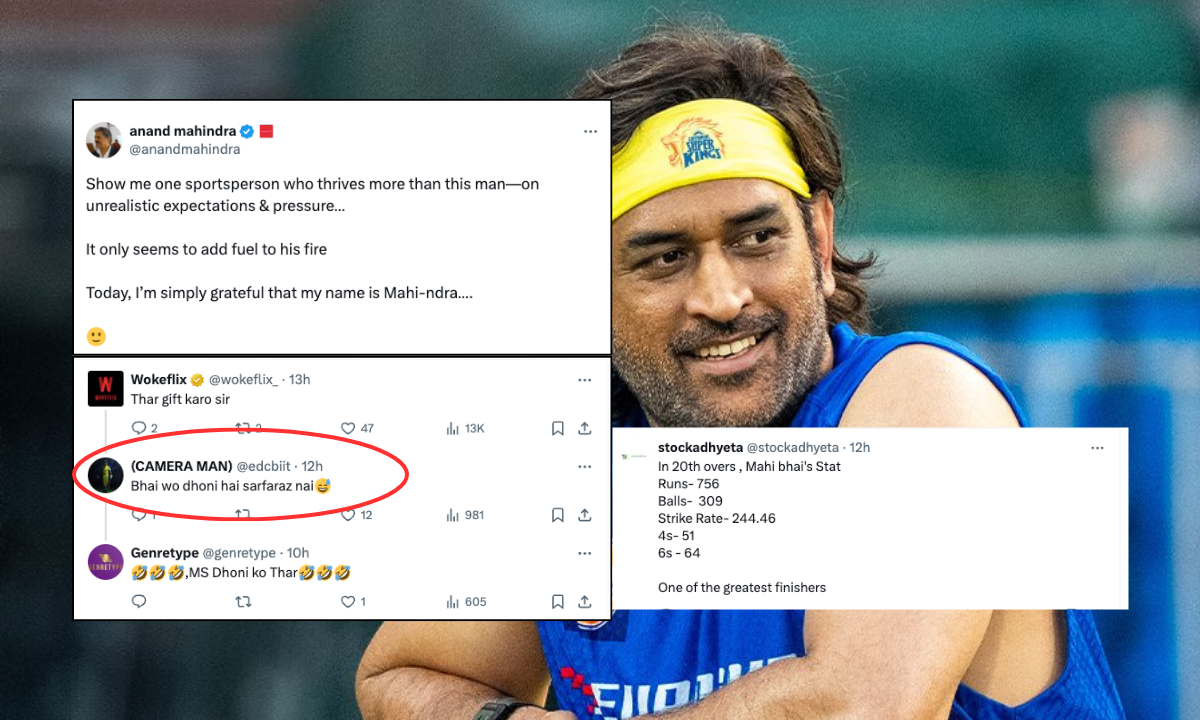Cricket is not just a sport in India; it’s a religion, and the coaches are its high priests. The role of India National Cricket Team Coaches has been pivotal in sculpting the team’s global success. This article delves into the journey of these coaches, unraveling their impact on Indian cricket.
Historical Overview
The saga of India National Cricket Team Coaches is as old as the team itself. From early days when coaching was more about managing than technical input, to the current era of strategic and psychological mentoring, the evolution has been remarkable. Each era of India National Cricket Team Coaches brought new philosophies and tactics to the fore.
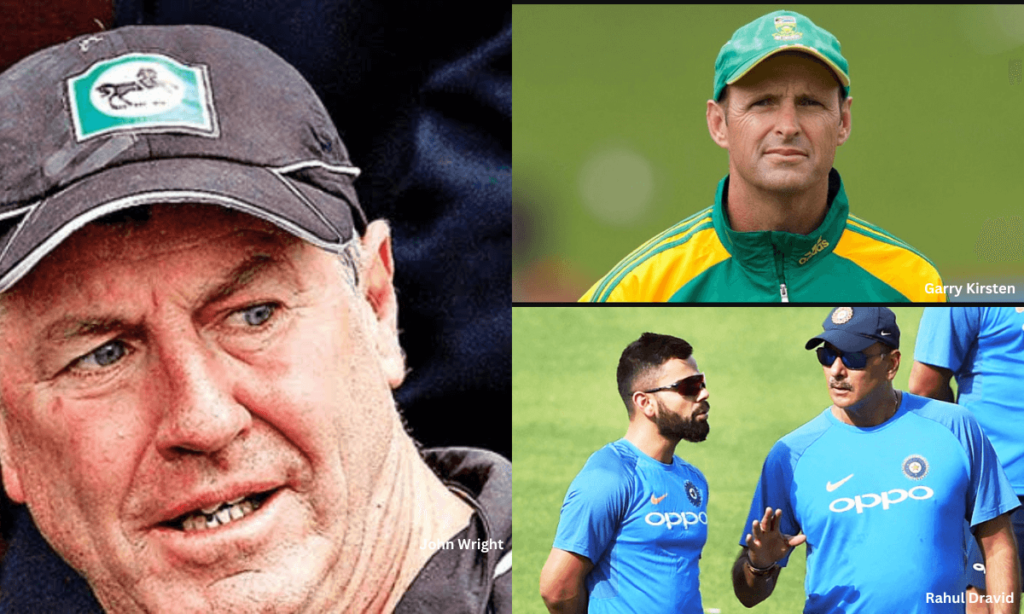
Profiles of Notable India National Cricket Team Coaches
John Wright, the first foreign coach of the Indian team, brought a professional approach. His tenure saw India reaching new heights, including the memorable 2003 World Cup final.
Gary Kirsten, renowned for his man-management skills, led India to World Cup glory in 2011. His calm demeanor and ability to connect with players made him one of the most successful India National Cricket Team Coaches.
Ravi Shastri, known for his aggressive approach, instilled a fighting spirit in the team. Under his guidance, India achieved significant overseas victories, cementing his legacy as one of the influential India National Cricket Team Coaches.
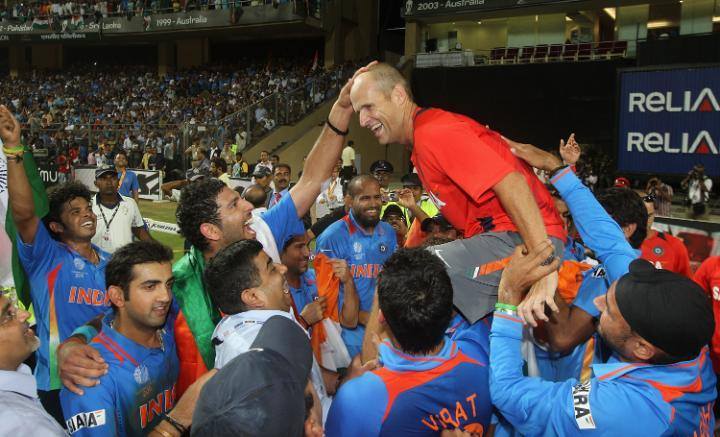
Key Milestones Under Different Coaches
The journey of India National Cricket Team Coaches is marked by distinct milestones that have shaped the team’s legacy. Under John Wright (2000-2005), India reached the finals of the 2003 ICC Cricket World Cup and won the NatWest Series in England in 2002, signaling a newfound confidence in overseas conditions. Greg Chappell’s tenure (2005-2007), though controversial, saw India winning their first Test series in the West Indies in 35 years.
Gary Kirsten (2008-2011) is celebrated for coaching India to their World Cup triumph in 2011, a crowning achievement that united the nation in jubilation. Under his guidance, India also attained the number one ranking in Test cricket for the first time in 2009. Duncan Fletcher (2011-2015) had a challenging tenure, but under him, India reached the semi-finals of the 2015 World Cup and won the ICC Champions Trophy in 2013.
Ravi Shastri’s era (2017-2021) was marked by remarkable overseas Test victories, including a historic series win in Australia in 2018-19, a feat repeated in 2020-21, and a series win in England in 2021. These victories underscored India’s growing prowess in the longest format of the game under his leadership. Anil Kumble, though briefly at the helm (2016-2017), played a key role in India’s home dominance in Test cricket.
Each of these India National Cricket Team Coaches brought their unique vision and strategy, leading to these significant milestones that have etched their names in the annals of Indian cricket history.
Read more about Rahul Dravid’s Continued Stint as India’s Head Coach.
The Coach-Captain Dynamic
The synergy between India National Cricket Team Coaches and captains has been crucial. The Kirsten-Dhoni era was a golden period, marked by mutual respect and understanding. This partnership highlighted how a cohesive coach-captain relationship could lead to monumental success.
Evolution of Coaching Techniques
India National Cricket Team Coaches have continuously adapted to the changing dynamics of the game. Incorporating technology for analysis, focusing on mental toughness, and personalized training regimes are some ways coaching techniques have evolved. This adaptability has been key to staying ahead in international cricket.
Challenges and Controversies
The journey of India National Cricket Team Coaches hasn’t been without challenges. Handling star-studded line-ups, selection dilemmas, and immense public expectation are constant pressures. Controversies, too, have been part of this journey, testing the resilience and diplomatic skills of the coaches.
The Future of Coaching in Indian Cricket
As the game evolves, so will the role of India National Cricket Team Coaches. The rise of T20 leagues and the changing nature of cricket demand innovative and flexible coaching approaches. The future might see a greater emphasis on specialized coaches for different formats of the game.
Rahul Dravid: Carrying Forward the Legacy
The current chapter in the chronicle of India National Cricket Team Coaches is being written by Rahul Dravid, a name synonymous with resilience and technical prowess in cricket. Known as “The Wall” during his playing days, Dravid’s transition to coaching has been seamless and impactful. Taking over the reins in late 2021, his approach has been a blend of his rich playing experience and a deep understanding of the modern game.
Dravid’s focus on nurturing young talent and emphasizing the importance of mental toughness has already started to show promising results. His tenure is seen as a bridge between the rich legacy of past India National Cricket Team Coaches and the dynamic future of Indian cricket. With a calm demeanor and a strategic mind, Dravid is poised to guide the team to new heights, continuing the tradition of excellence set by his predecessors.
Eras of Excellence: India’s Cricket Coaching Legacy Infographics
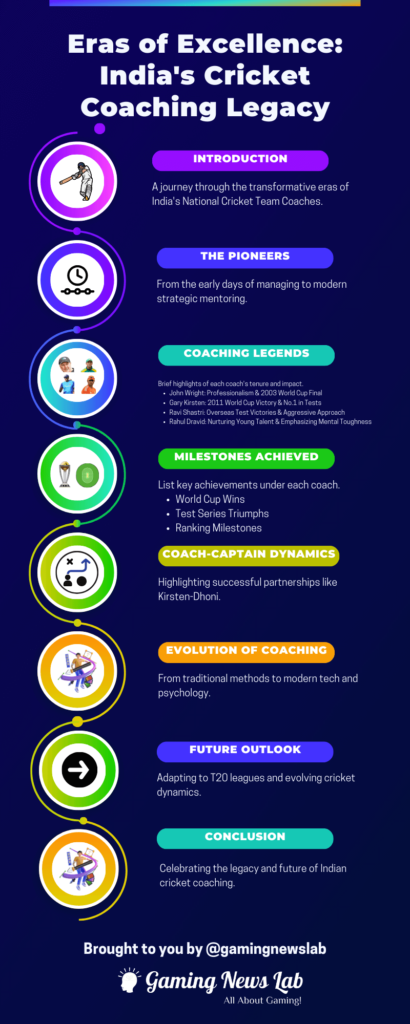
Download the Infographics of India’s Cricket Coaching Legacy Click Here.
Conclusion
The legacy of India National Cricket Team Coaches is etched in the annals of cricket history. Their contributions have not just been about victories and trophies but about building a culture of excellence and resilience. The future of Indian cricket, undoubtedly, rests on the shoulders of these strategic masterminds.
“Coaching Greats – Quick Facts”
- John Wright: First foreign coach of the Indian team.
- Gary Kirsten: Led India to the 2011 World Cup victory.
- Ravi Shastri: Known for his aggressive and bold coaching style.

